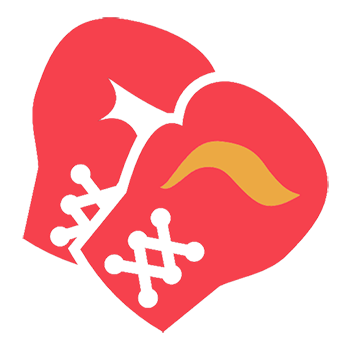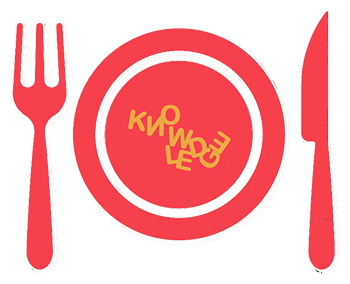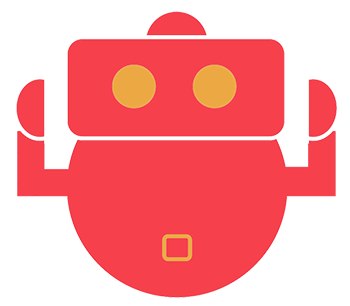Legal Notice
Details according to § 5 TMG (German Telemedia Act)
keep it balanced
Reichenberger Str. 91
10999 Berlin, Germany
Representative
Dr. Florian Keil
Contact
Phone: +49 30 31 48 79 07
Email: info@kib-research.org
Legal disclaimer
Contents liability
The contents of our pages have been compiled with the greatest care. However, we do not accept any responsibility for accuracy, completeness or topicality of the contents. As service providers we are liable for own contents of these web pages according to § 7, Sec. 1 TMG (German Tele Media Act). However, according to §§ 8 to 10 TMG, service providers are not obliged to permanently supervise submitted or stored information, or to search for evidences that indicate illegal actions.
Legal obligations to removing information or to blocking the use of information remain untouched. In this case, liability is only possible at the time of knowledge about a specific violation of law. Illegal contents will be removed immediately at the time we get knowledge of them.
Link liability
Our offer includes links to external third party web sites. We have no influence on the contents of those pages. Therefore we cannot take over the warranty the contents of those pages. Providers or administrators of linked pages are always responsible for their own contents.
The linked pages had been checked for possible violations of law at the time of the establishment of the link. Illegal contents were not detected at the time of the linking. A permanent inspection of linked pages cannot be imposed without reasonable indications that there has been a violation of law. Illegal links will be removed immediately at the time we get knowledge of them.
Copyright
Contents and compilations published on these pages by the providers are subject to German Copyright Law. Reproduction, editing, distribution as well as the use of any kind outside the scope of the copyright law require a written permission of the author or originator. Downloads and copies of these pages are permitted for private use only.
The commercial use of our contents without permission of the originator is prohibited.
Copyright laws of third parties are respected as long as contents on these pages do not originate from the provider. Contributions of third parties on this website are indicated as such. However, if you notice any violations of copyright law, please inform us. Such contents will be removed immediately.
Data protection
The use of our website is usually possible without providing personal details. Personal details, such as names, addresses or e-mail addresses, are always provided on a voluntary base. Such information will not be passed on to third parties without your explicit permission.
We would like to point out that no data transmission via internet (e.g. e-mail communication) cannot be entirely secure and may have security vulnerabilities. A complete protection of personal data against unauthorised access by third parties is not possible.
Providers are obliged to publish contact information in the Legal Notice/Impressum. The use of such contact information by third parties for the purpose of distributing non-desired advertisements or other commercial information is prohibited.
The operators of this web page reserve the right to take legal measures in case of being sent unsolicited commercial information, e.g. spam mails etc.
Site concept and realisation
This site was created by keep it balanced.
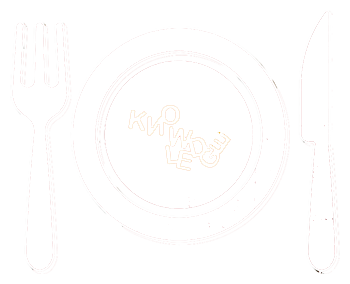

 Currently, we are thinking of presenting our rabbit hole architecture on a large interactive display. Are you an artist
or graphic designer and would like to work with us on this project?
Currently, we are thinking of presenting our rabbit hole architecture on a large interactive display. Are you an artist
or graphic designer and would like to work with us on this project? 
